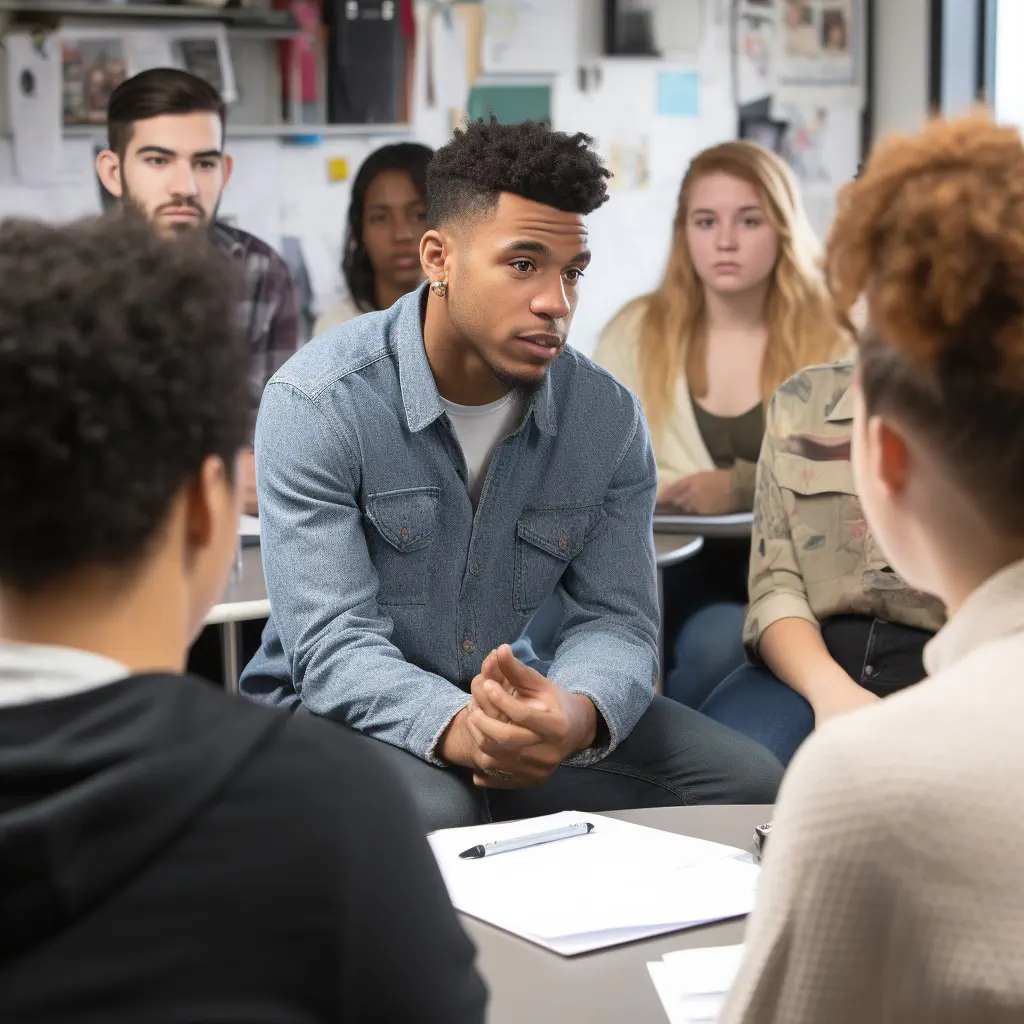
Critical thinking is an essential skill that helps individuals to make informed decisions and solve complex problems. It involves analyzing information, evaluating arguments, and drawing conclusions based on evidence. In today’s rapidly changing world, where new challenges and problems arise every day, critical thinking skills are more important than ever. Education plays a crucial role in the development of critical thinking skills. This article explores the important role of education in the development of critical thinking skills.
The Importance of Critical Thinking Skills in Education
Critical thinking skills are essential for success in education and beyond. In the classroom, critical thinking skills enable students to analyze information, evaluate arguments, and draw evidence-based conclusions. This helps them to understand complex concepts and develop their problem-solving skills. In addition, critical thinking skills are important for success in the workplace. Employers value employees who can think critically and solve complex problems. Critical thinking skills are also important for success in everyday life. They help individuals to make informed decisions and evaluate the credibility of information.
The Role of Education in Developing Critical Thinking Skills
Education plays a crucial role in the development of critical thinking skills. Teachers can help students develop critical thinking skills by encouraging them to analyze information, evaluate arguments, and draw evidence-based conclusions. This can be done through class discussions, assignments, and projects that require students to use critical thinking skills.
In addition, education can help students develop critical thinking skills by teaching them how to ask good questions. Asking good questions is an essential part of critical thinking. By asking questions, students can clarify their understanding of a topic, identify gaps in their knowledge, and evaluate the credibility of information. Education can also help students develop critical thinking skills by teaching them how to evaluate the credibility of sources. In today’s world, where there is a lot of misinformation and fake news, it is essential to be able to evaluate the credibility of sources.
Conclusion
In conclusion, critical thinking skills are essential for success in education, the workplace, and everyday life. Education plays a crucial role in the development of critical thinking skills. Teachers can help students develop critical thinking skills by encouraging them to analyze information, evaluate arguments, and draw evidence-based conclusions. Education can also help students develop critical thinking skills by teaching them how to ask good questions and evaluate the credibility of sources. By developing critical thinking skills, students can become informed and engaged citizens who are equipped to solve complex problems and make informed decisions.

